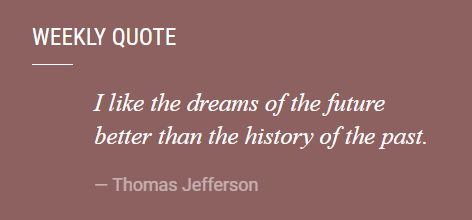According to the American Institute for Stress, “Numerous studies show that job stress is far and away the major source of stress for American adults and that it has escalated progressively over the past few decades.” According to their statistics 80% of workers feel stress on the job and 40% of those reported that their jobs were very or extremely stressful. Half of those that reported stress indicated that they needed help in managing the stress. Three quarters of those surveyed believed that they had more stress at work than previous generations. A study carried out at the Athens University of Economics and Business at the University of Greece found that higher levels of emotional intelligence were associated with lower levels of stress in the workplace.
The University of Maryland Business Administration Program has also done a great deal of work around the area of emotional intelligence and work performance. One of their conclusions is that employees with higher EI can handle pressure better and perform better even when conditions are less than ideal.
Here are 7 ways that emotional intelligence can help us cope with stress and prevent burnout
Self-Awareness
People with higher levels of emotional intelligence are more aware of their feelings, what causes them and why. This awareness allows them to recognize stressors earlier and come up with techniques for coping with them. They recognize situations that will bring out strong emotions for them, allowing them to prepare their coping mechanisms, therefore not allowing their emotions to override their thinking. Knowing how they react to stress gives them advance warning that something is wrong and helps them deal with their emotional state before they become overwhelmed.
Awareness of others
The higher our emotional intelligence the more we are aware of others emotional states. This makes it less likely that we will take the stress of others and their actions personally. This awareness helps those high in EI put things into perspective and not get caught up in a stressful situation that they have no control over. Awareness of what may be causing stress in others allows people with high EI to have more empathy with others around them, allowing them to not take others reactions personally.
Ability to respond rather than react
When we feel threatened, verbally attacked or any kind of threat at work our initial response is to lash out at the source of whatever it is that is causing us stress. If we don’t give in to our initial impulses we often can diffuse the situation and get to the real source of the problem. Instead of making the problem worse we can make progress towards a solution. Instead of becoming stuck on the problem emotionally intelligence helps us focus on solutions.
Deep listening ability
Most people are too busy thinking of a response instead of listening to understand. Everyone has a need to be heard and understood. A lot of conflict and stress at work can result from people feeling that they are not being heard. While we may disagree it is essential that everyone at work be listened to, even though we may disagree. Higher emotional intelligence allows us to hear and understand others better, decreasing the levels of frustration and stress of those around us.
Having an extensive emotional vocabulary
The ability to accurately identify and express what we are feeling helps us to cope better. For example, just by saying we are frustrated helps settle feelings and move ahead. Being able to identify what they are feeling and make choices about how they will deal with those feelings helps us to work through them in a healthy manner.
Ability to see different viewpoints
Emotional intelligence increases our ability to be able to see situations from a broader perspective rather than strictly black and white. Even though they may not agree with someone, the ability to see things from their perspective allows them to step back from judgment and becoming emotionally involved in arguments and conflicts. This allows us to navigate conflictual and stressful workplace situations by being able to imagine the stress of others and what is causing it.
Ability to be aware of our limitations and ask for help
When experiencing a large amount of stress it is crucial that we recognize it and ask for help when necessary. Emotionally intelligent people are aware of their limitations; know when they can manage and when they need to ask for help. They have no problem reaching out to others and have built a strong support network that they can rely upon. As well they recognize when they are in over their heads and do not hesitate to get professional help when needed. Their awareness makes it more likely that they have looked into and used meditation, mindfulness and other methods that have been shown to be effective ways to reduce stress.

